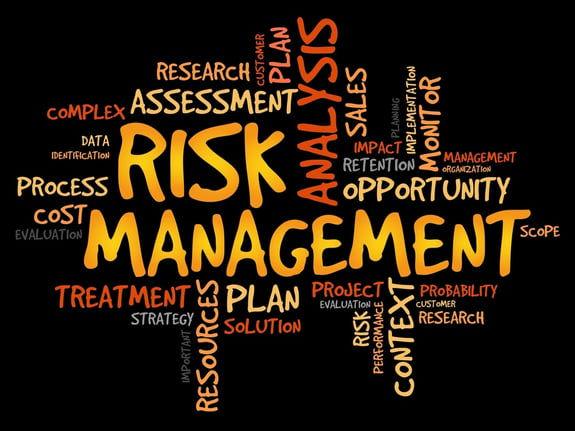
The Financial Times and trade press are carrying a story about a leaked draft of the MiFID II research rules. We have not seen a copy of the leaked documents yet, but from media reports, it looks like the state of play is this:
1. The compromise position appears to have a role for CSAs "under strict conditions". In our view, this is likely to be the "enhanced CSA" option, under which the payment for research is fully divorced from trading turnover. In our view, the only significant difference between such a CSA and a Research Payment Account is the VAT treatment.
2. The proposals also suggest that RPAs/eCSAs could be enacted and altered without getting individual agreement from clients. This is once more, in our opinion, a housekeeping move (albeit an important one) aimed at reducing the compliance cost.
3. There is apparently a clarification of the exemption for "non-substantive" or "short-term market commentary". Our view remains that this loophole is really only meant to cover brief factual comments, and could not be stretched to cover a results note or a desk-analyst service. It is really only intended to make sure that every single sales or trading call does not have to be treated as potentially research.
4. As far as we can tell, the leaked draft has made no material compromise with the points made by the UK, French and German finance ministries in their October letter. These points were quite fundamental and questioned the Commission's power to make any kind of regulation, and demanded significant concessions aimed at preserving the research industry, particularly in growth companies and small caps.
The delegated acts have to be reviewed by national governments and by the European Parliament (which has historically been very receptive to SME lobbying). For this reason, we doubt that this leaked document is the final word - it may indeed have been strategically leaked. But for the time being, the draft looks to have only process-related changes, rather than substantial policy differences, from the version we based our whitepaper on.
